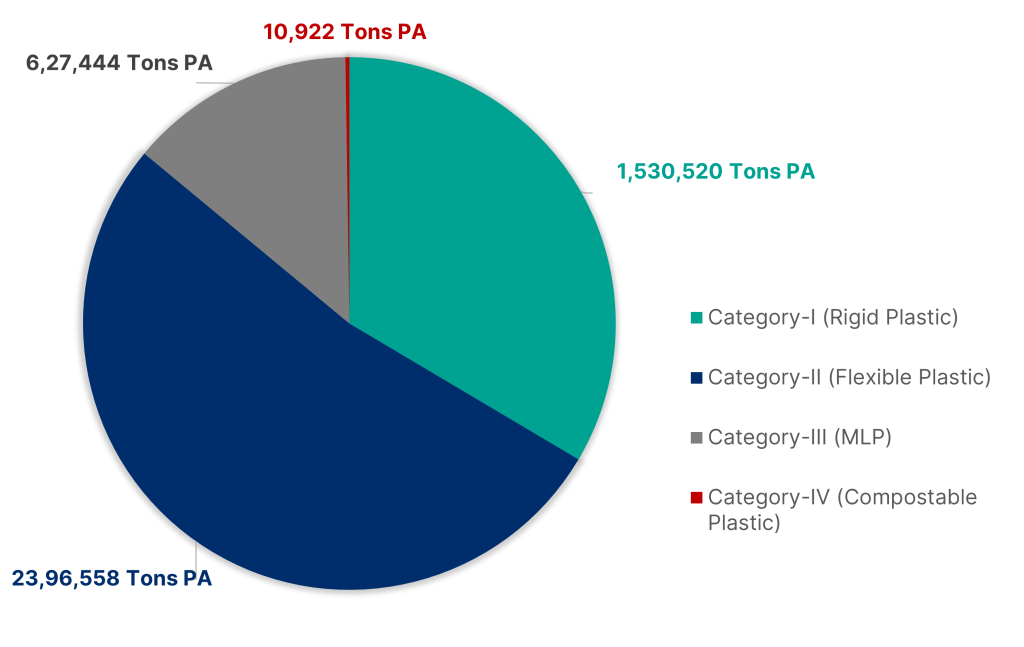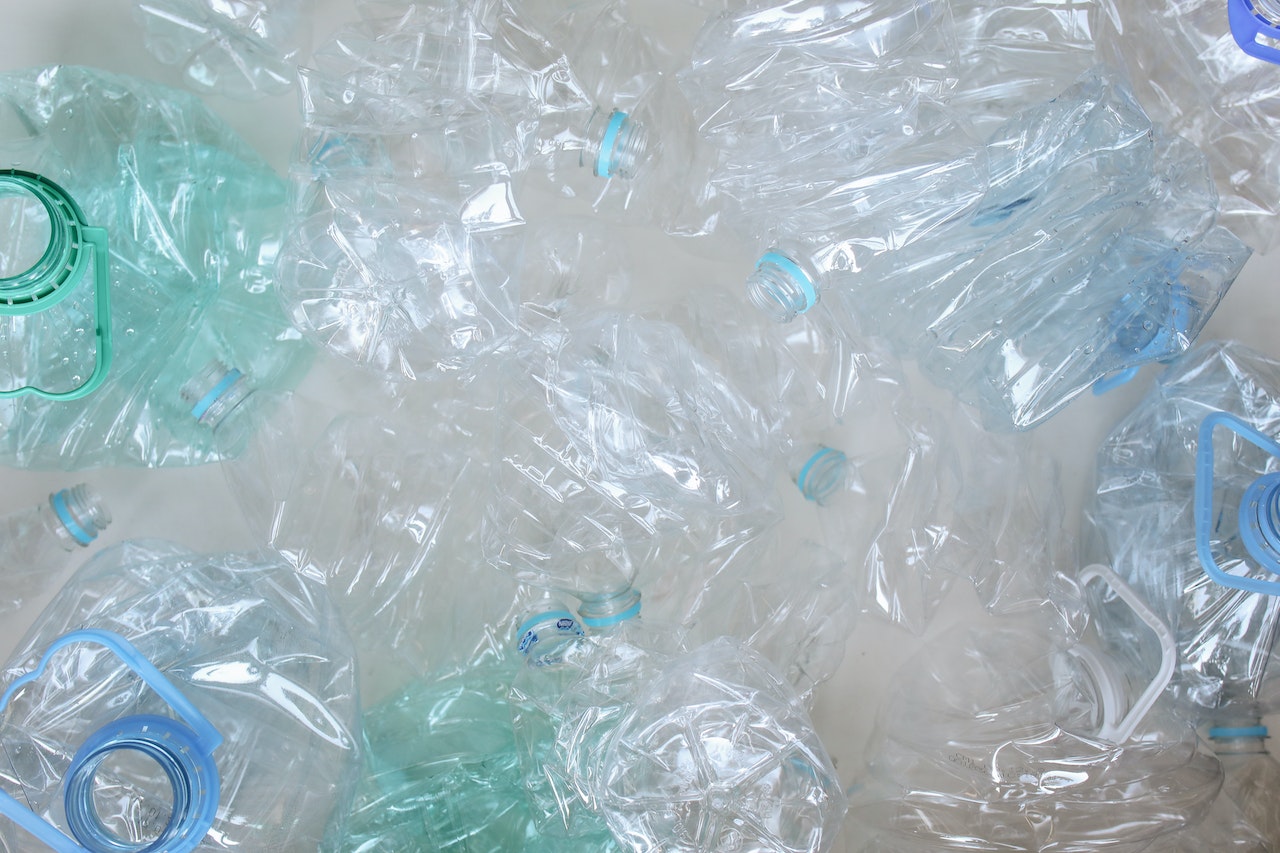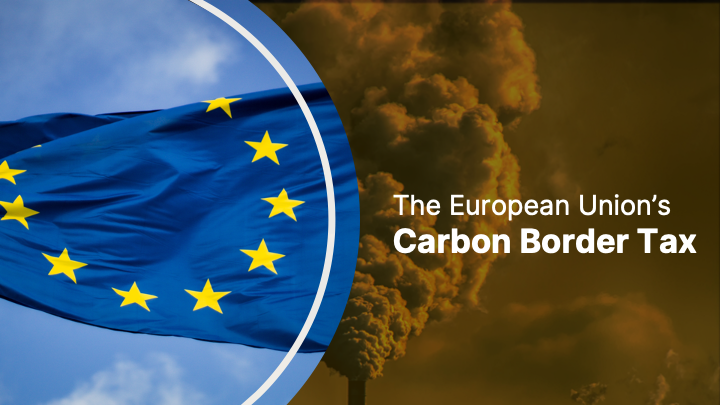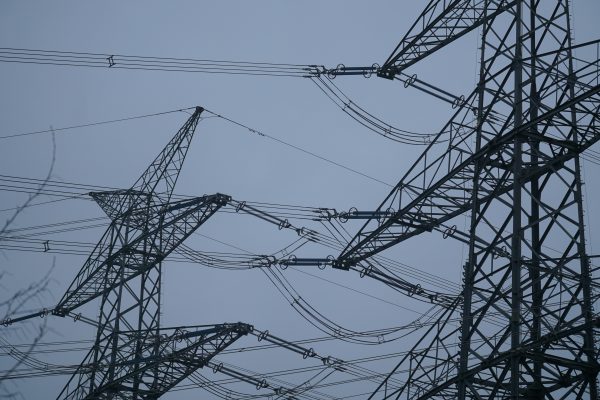Waste is a by-product of almost every economic activity, making effective waste management and by extension, Extended Producer Responsibility, crucial in reducing the impact of plastic waste on the environment. For India, this problem is even more pronounced – according to a report by the Central Pollution Control Board (CPCB), the country generated about 3.3 million metric tons of plastic waste in the year 2018-19 making it one of the largest producers of plastic waste in the world. This figure is likely to be an underestimate, as it does not include plastic waste generated by industries such as healthcare, packaging, and e-commerce. The same report also states that out of the total plastic waste generated, only about 14% was collected and recycled, while the remaining 86% ended up in landfills, rivers, and oceans, causing significant environmental and health problems.
The management of plastic waste in particular is a significant environmental and health challenge in India. While it is true that essential obligation to ensure scientific management of waste lies in the hands of the government – effectively addressing the issue requires synergistic effort from a number of stakeholders. Considering the high volumes of waste being generated, governments across the globe have made efforts to distribute this responsibility among stakeholders by introducing a spectrum of policies and interventions. Among these policies is the Extended Producer Responsibility or EPR, which was introduced in India’s policy apparatus in 2011 under the E-waste (Management and Handling) Rules requiring producers to take back their end-of-life electronic products and ensure their environmentally sound management.
What is Extended Producer Responsibility?
EPR is an approach under which a producer’s responsibility for a product is extended to the post-consumer stage of a product’s life cycle. The goal is to incentivise producers to design products that are more environmentally friendly, reduce waste, and promote recycling and reuse. In India, EPR partially shifts the physical and economic responsibility to manage waste upstream towards the producers and away from the municipality. Under this approach, producers are responsible for the end-of-life management of their products and packaging, which includes collection, transportation, recycling, and disposal, to promote a more sustainable and circular economy. The policy is based on the principle that producers should bear the cost of managing their products and packaging, rather than passing the burden onto taxpayers or the environment.
Why is EPR important?
In our previous articles, we discussed the importance of working towards building a circular economy – an economic model that aims to minimise waste and maximise the value of resources by keeping materials in use for as long as possible, through recycling, reuse, and regeneration. The framework incentivises producers to use recycled materials in their production processes, thus creating a demand for recycled materials and supporting the development of a circular economy.
By holding producers responsible for managing the waste generated by their products, EPR policies also help reduce the amount of waste that ends up in landfills and the environment. This reduces the negative environmental impact of waste and supports the sustainable use of resources. In addition, EPR policies can also support the development of waste management infrastructure and the creation of jobs in the recycling and waste management sectors. This can help promote sustainable economic growth and contribute to the development of a green economy.
The Indian Context
In 2016, the scope of EPR was widened from just electronic waste to other waste streams, including plastic packaging waste, and was included in the Plastic Waste Management Rules. Under the rules, producers of plastic packaging are required to take responsibility for collecting, segregating, and managing the plastic waste generated by their products. The Guidelines provide a framework to strengthen the circular economy of plastic packaging waste, promote development of new alternatives to plastics and provide further next steps for moving towards sustainable plastic packaging by businesses.
The EPR framework in India requires producers to set up collection systems for the waste generated by their products and to ensure that it is managed in an environmentally sound manner. In India the policy is explicitly aimed at promoting a circular economy and reducing the environmental impact of waste generated by products, and is being implemented in a phased manner, with different waste streams being added over time. As of April 2023, there are a total of 12,073 entities registered on the EPR portal, and the number continues to grow.
Who is EPR applicable to?
According to the guidelines for plastic waste management in India, certain entities including Producers (a person or unit or agency engaged in production of plastic raw material to be used as raw material by the producer), Importers (a person who imports or intends to import and holds an Importer-Exporter Code number), Brand-Owners (a person or company who sells any commodity under a registered brand label) (PIBO) and Plastic Waste Processors must register on the centralised portal developed by the Central Pollution Control Board. In addition to these entities, the rules also apply to various other stakeholders, such as waste collectors, recyclers, and state governments, who are involved in the collection, transportation, and management of the waste generated by products that fall under the ambit of EPR.


The Guidelines cover the following with respect to plastic packaging:
Reuse: The guidelines for plastic packaging encourage producers to design products that can be reused multiple times, reducing the amount of waste generated.
Recycling: The guidelines also encourage producers to design products that are easy to recycle, and to use recycled materials in their products. This helps to reduce the amount of virgin plastic produced and helps to divert plastic waste from landfills.
Use of recycled plastic content: The approach also prompts producers to use recycled plastic in their products. This not only reduces the amount of virgin plastic produced, but also helps to create a market for recycled plastic, which can help to increase the recycling rate.
End of life disposal: Finally, the guidelines for plastic packaging require producers to ensure that their products are properly disposed of at the end of their life cycle. This may involve setting up take-back programs, supporting municipal recycling programs, or providing funding for waste management infrastructure. The goal is to reduce the amount of plastic waste that ends up in landfills or the environment, and to promote a circular economy where plastic is reused or recycled.
Under the Plastic Waste Management Rules, producers of plastic products are required to:
Set up collection systems for their end-of-life products: Producers are required to set up collection systems for the plastic waste generated by their products, either individually or collectively.
Ensure that plastic waste is managed in an environmentally sound manner: Producers are responsible for ensuring that plastic waste is managed in an environmentally sound manner, which includes segregation, storage, transportation, and recycling.
Meet recycling targets: Producers are required to meet annual recycling targets, which are set by the government based on the quantity and type of plastic products sold in the market.
Submit annual reports to the Central Pollution Control Board (CPCB): Producers are required to submit annual reports to the CPCB on the quantity and type of plastic waste collected, processed, and disposed of.
To ensure compliance with the Plastic Waste Management Rules, the government has set up an authorised system of waste collectors, aggregators, and recyclers. The authorised plastic waste recyclers are responsible for collecting, segregating, and processing plastic waste in an environmentally sound manner. They are required to obtain authorisation from the State Pollution Control Board (SPCB) or the Pollution Control Committee before they can operate. The Plastic Waste Management Rules also require manufacturers and brand owners to establish a system for collecting back the plastic waste generated by their products or to pay a user fee to waste collectors or aggregators. The user fee is deposited into a designated waste management fund, which is used to support the development of the plastic waste management infrastructure.
How does the government ensure compliance?
The implementation of EPR is done through a customised online platform which acts as the digital backbone of the system. The online platform allows tracking and monitoring of obligations under the framework and reduces the compliance burden for companies through online registration and filing of annual returns. To facilitate monitoring on fulfilment of obligations, the guidelines have prescribed a system of verification and audit of enterprises. The Government of India has put in place several measures to ensure compliance with EPR rules. Some of these measures are:
Authorised auditors: The government has authorised third-party auditors who conduct audits to ensure compliance with the rules. These auditors are required to be accredited by the National Accreditation Board for Certification Bodies.
Reporting: Producers are required to submit annual reports to the Central Pollution Control Board (CPCB) or State Pollution Control Board (SPCB) on the quantity and type of waste collected, processed, and disposed of.
Penalties for non-compliance: Producers who fail to comply with the EPR rules may be subject to penalties, which can include fines or imprisonment. The amount of the penalty is determined based on the severity of the violation.
Authorised waste management systems: The government has established an authorised system of waste collectors, aggregators, and recyclers who are responsible for managing waste in an environmentally sound manner. These authorised waste management systems are required to obtain authorisation from the SPCB or Pollution Control Committee before they can operate.
Awareness campaigns: The government conducts awareness campaigns to educate producers, consumers, and waste management stakeholders about the EPR rules and the importance of responsible waste management.
Capacity building: The government provides training and capacity building programs to waste management stakeholders, including authorised waste management systems, waste collectors, aggregators, and recyclers, to ensure that they have the skills and knowledge necessary to manage waste in an environmentally sound manner.
The current EPR framework in India is complex and insufficient – the complexity makes it harder for manufacturers to comply and for authorities to implement the framework. The framework is not yet entirely active and has not been conceptualised for other waste streams like paper, textile, tyres/rubber, metal and glass etc., which leads to unscientific disposal of these waste streams while also losing valuable resources. Furthermore, the present EPR framework does not take into consideration the environment and life cycle impact of the products or recyclability of the materials used, and neither does it discourage the use of multi-layered plastics and single-use plastics that are harmful to the environment.
Challenges faced by stakeholders in complying to EPR rules
Stakeholders face several challenges in complying with EPR rules in India that hinder their ability to effectively and scientifically manage waste and comply with the guidelines. Some of the challenges are:
Lack of Awareness and Understanding: One of the primary challenges is the lack of awareness and understanding about EPR rules and regulations among stakeholders. Many producers and brand owners are not familiar with the framework and their responsibilities, which can make compliance difficult.
Lack of Infrastructure: Another challenge is the lack of adequate infrastructure for collection, transportation, and recycling of waste. Many areas in India do not have proper waste collection and segregation systems, which can make it difficult to comply with rules.
Fragmented Supply Chain: The supply chain for waste management in India is often fragmented and unorganised, which can lead to inefficiencies and difficulties in tracking and managing waste.
Cost and Resource Constraints: Implementing EPR requires significant financial and human resources. Small and medium-sized producers may find it challenging to comply with rules due to cost and resource constraints.
Enforcement and Monitoring: Enforcement and monitoring of rules are essential for ensuring compliance. However, the lack of adequate enforcement mechanisms and monitoring systems can make it difficult to ensure that stakeholders are complying with the rules.
While the extended producer responsibility framework was developed with good motives, in practice its implementation is both administratively and logistically complex, and to date the main purpose to incentivise design is largely unfulfilled. To overcome these challenges, the government and industry need to work together to create awareness, improve infrastructure, and develop effective monitoring and enforcement mechanisms. This would require a multi-stakeholder approach and collaboration between government agencies, producers, recyclers, and civil society organisations. Without EPR no circularity can be obtained, and thus the framework must be fixed, and strict compliance must be ensured.


